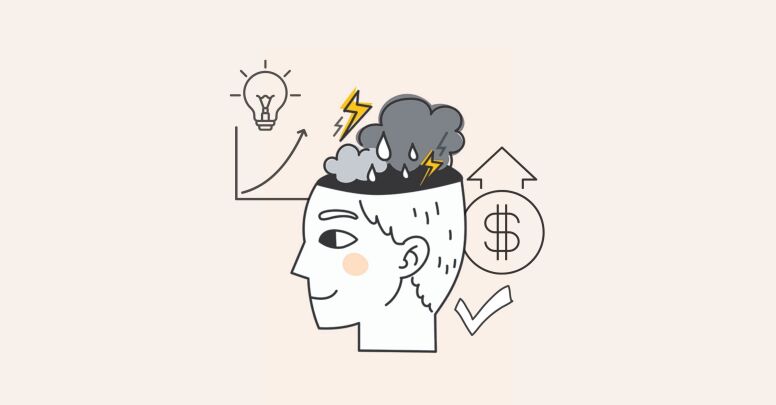News & Stories
Weather patterns

When you check the weather forecast, you might not realize that sunny skies aren’t good for productivity – or that they promote risk taking by investors.
Two studies – by operations and finance professors at UNC Kenan-Flagler – show the effects of weather on business.
Whether workers are more – or less – productive in good weather is the question Bradley Staats, associate professor of operations, set out to answer with former UNC Kenan-Flagler professor Francesca Gino, now at Harvard, and Harvard graduate student Jooa Julia Lee. They present their findings in “Rainmakers: Why Bad Weather Means Good Productivity.”
First the buzzkill: Bad weather brings out the best in us productivity-wise, so CEOs considering whether to set up shop in San Diego or Seattle to inspire worker productivity should take note. On sunny days there is a higher opportunity cost of sitting in the lab and finishing a tedious data-entry task than on rainy days. But even the most powerful CEO can’t make it rain every day, so the researchers suggest the type of work that might be best suited to different weather conditions.
Staats and his colleagues conducted three studies that relate weather to mood and productivity. In one study, they collected field data on employee productivity from a bank in Japan where workers completed a series of tasks requiring attention and focus. The Staats team compared the amount of work completed to the amount of precipitation on that day. The researchers learned that the employees completed more work on rainy days.
In the next study, the researchers looked at data from an online labor market in the U.S. and checked for quantity of work completed (speed) and for quality (accuracy of detecting and correcting errors). Both speed and accuracy were higher when the weather was bad, they found.
Finally, in a lab experiment they primed some participants to think about outdoor activities they could be doing instead of working inside. Those participants who were shown pictures of sailing, picnicking and beach volleyball games and asked to talk about what they’d like to do on a beautiful day performed worse on a data-entry task than those who buckled down to work without the initial distraction. Surprisingly, the priming manipulation had less effect on performance than the actual weather that day. Productivity decreased on good-weather days.
Staats and his colleagues drew several conclusions: Greater productivity might translate into greater learning over time. Cognitive distractions led to higher error rates, so on sunny days individuals might wish to avoid working on a task in which errors would be costly. The number of staff allocated to a task could be increased when the weather is expected to be bad and decreased on days predicted to be sunny. Ultimately, they conclude: Locating services operations in places with dreary weather might be preferable.
But wait – before you close the Honolulu office, take a look at what UNC Kenan-Flagler finance professors Paolo Fulghieri and Riccardo Colacito found in a study conducted with Anna Bassi, a political science professor at UNC.
They studied whether investors are more – or less – risk tolerant in sunny, summer weather and how that risk tolerance affects stock prices. Their results bode well for sunny days.
Sunshine and good weather promote risk-taking behavior, and, correspondingly, bad weather significantly increases risk aversion, they found. They reported their findings in “O Sole Mio: An Experimental Analysis of Weather and Risk Attitudes in Financial Decisions.”
Weather affects mood. Gloomy weather dampens our spirits, while sunny weather improves our disposition. A beautiful day might put investors in an upbeat mood in which they see the world, including the investment world, in a positive light. That frame of mind carries over to their tolerance of risk, and they might be more inclined to hold stocks in their portfolio, even in the face of lower expected returns.
Conversely, bad weather can sour a mood, bringing out pessimism that translates into risk aversion. Investors are quicker to sell at the first indication of trouble.
The UNC researchers conducted a series of experiments that asked participants to choose from a set of lottery pairs whose probabilities and payoffs were transparent to the subjects. The weather was noted; participants filled out a questionnaire on their mood and the researchers checked to make sure participants’ arithmetic skills remained the same regardless of weather or mood so their ability to assess risk didn’t change. They linked good weather to good moods to high risk tolerance and higher stock prices. Bad weather days led to sell-offs and lower stock prices.
The silver lining to storm clouds is stock prices tend to fall with the rain. Increased risk aversion sparks discount rates, a plausible direct channel by which weather affects stock prices.
If you wake up to a rainy day, look for the bargains.